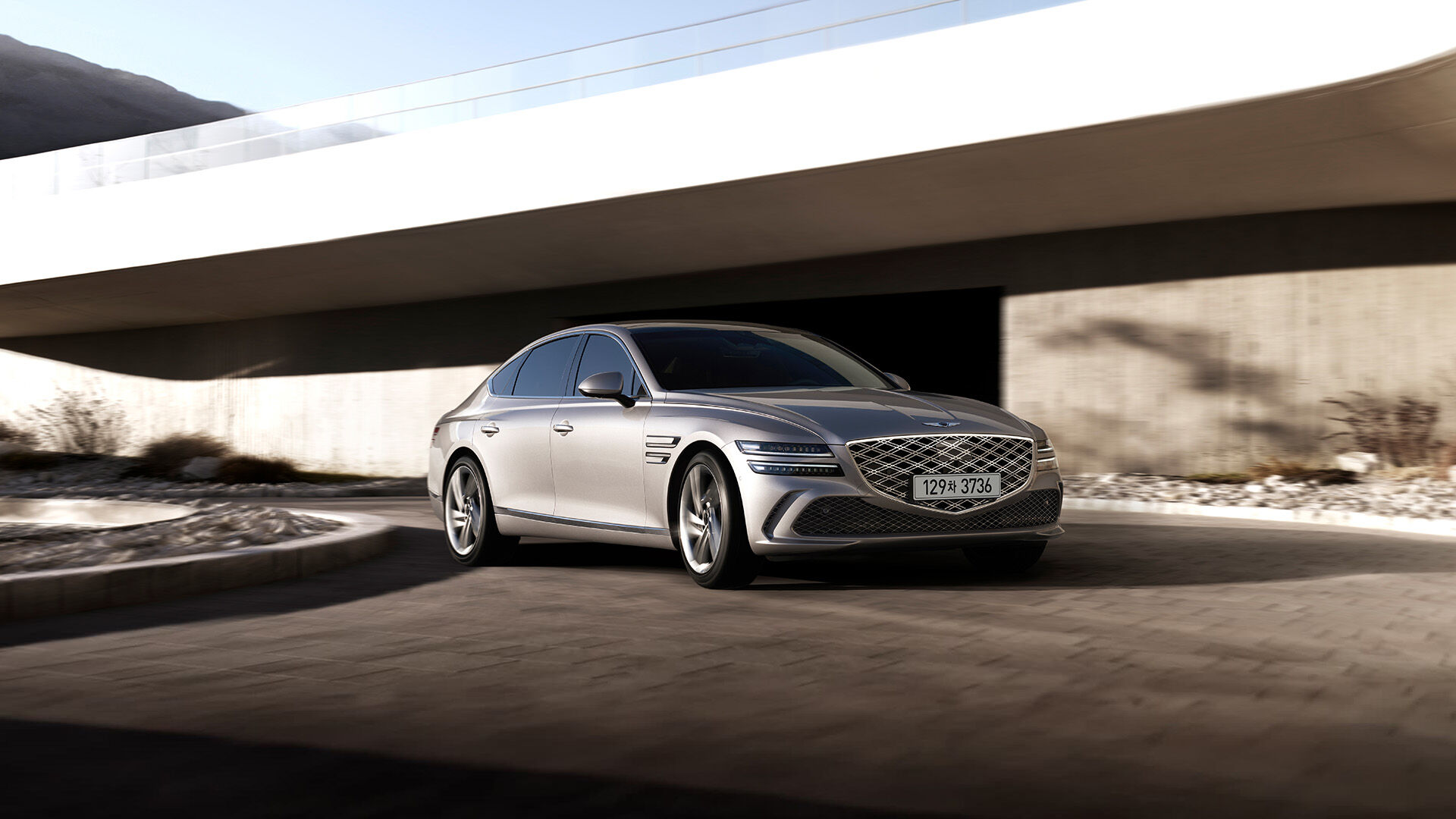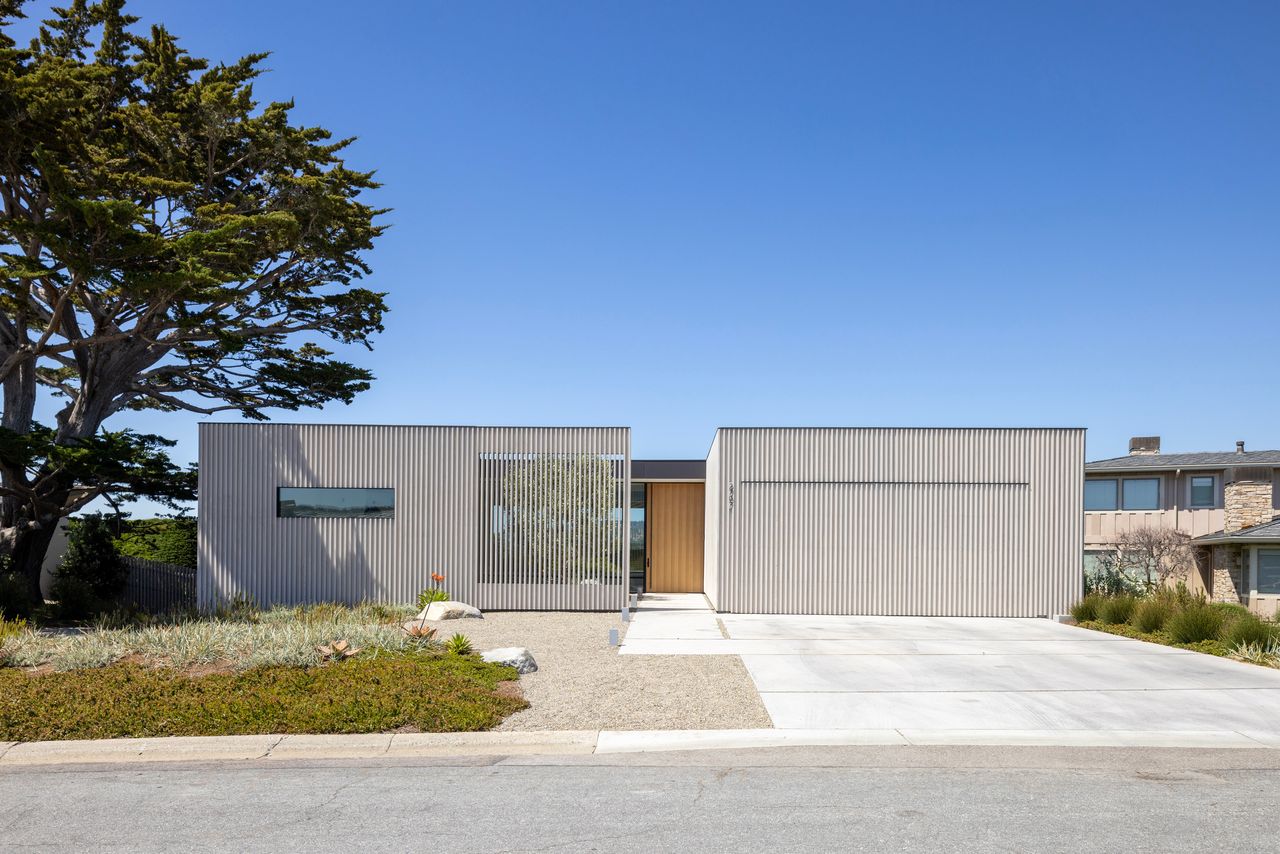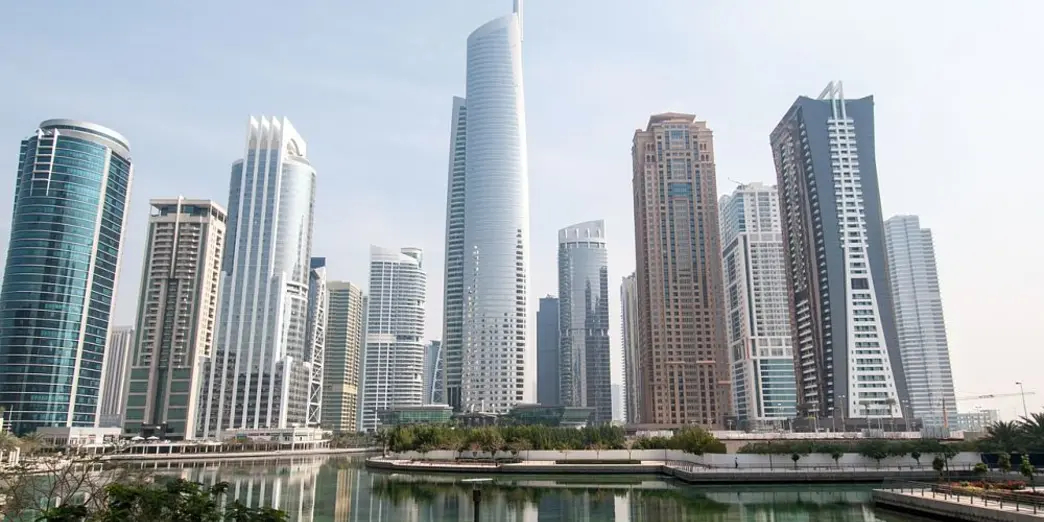We Asked Workers Why They’re Not Coming Back to the Office
Terrible commutes. Expensive child care. Employees explain why they will keep working from home.
What’s still keeping American workers out of the office?
At a time when restaurants, planes and concert arenas are packed to the rafters, office buildings remain half full. Thinly populated cubicles and hallways are straining downtown economies and, bosses say, fragmenting corporate cultures as workers lose a sense of engagement.
Yet workers say high costs, caregiving duties, long commutes and days still scheduled full of Zooms are keeping them at home at least part of the time, along with a lingering sense that they’re able to do their jobs competently from anywhere. More than a dozen workers interviewed by The Wall Street Journal say they can’t envision returning to a five-day office routine, even if they’re missing career development or winding up on the company layoff list.
Managers say they will renew the push to get employees back into offices later this year. The share of companies planning to keep office attendance voluntary, rather than mandatory, is dropping, according to a survey released in May of more than 200 corporate real-estate executives conducted by property-services firm CBRE, one of the largest managers of U.S. office space.
A battle of wills could be ahead. The gap between what employees and bosses want remains wide, with bosses expecting in-person collaboration and workers loath to forgo flexibility, according to monthly surveys of worker sentiment maintained by Nicholas Bloom, a Stanford University economist who studies remote work.
Escalating expenses
One reason workers say they’re reluctant to return is money. Some who have lost remote-work privileges said they are spending hundreds, or in some cases thousands, of dollars each month on meals, commutes and child care.
One supercommuter who treks to her Manhattan job from her home in Philadelphia negotiated a two-day-a-week limit to her New York office time this year. Otherwise, she said she could easily spend $10,000 a year on Amtrak tickets if she commuted five days a week.
Christos Berger, a 25-year-old mortgage-loan assistant who lives outside Washington, D.C., estimates she spends $2,100 on child care and $450 on gas monthly now that she is working up to three days a week in the office.
Berger and her husband juggled parenting duties when they were fully remote. The cost of office life has her contemplating a big ask: clearance to work from home full time.
“Companies are pushing you to be available at night, be available on weekends,” she said, adding that she feels employers aren’t taking into account parents’ need for family time.
Rachel Cottam, a 31-year-old head of content for a tech company, works full time from her home near Salt Lake City, making the occasional out-of-town trip to headquarters. She used to be a high-school teacher, spending weekdays in the classroom. Back then, she and her husband spent $100 a week on child care and $70 a week on gas. Now they save that money. She even let her car insurance company know she no longer commutes and they knocked $5 a month off the bill.
Friends who have been recalled to offices tell Cottam about the added cost of coffee, lunch and beauty supplies. They also talk about the emotional cost they feel from losing work flexibility.
“For them, it feels like this great ‘future of work’ they’ve been gifted is suddenly ripped away,” she said.
Parent trade-offs
If pandemic-era flexible schedules go away, a huge number of parents will drop out of the workforce, workers say.
When Meghan Skornia, a 36-year-old urban planner and married mother of an 18-month-old son, was looking for a new job last year, she weeded out job openings with strict in-office policies. Were she given such mandates, she said, she would consider becoming an independent consultant.
The firm in Portland, Ore., where Skornia now works requests one day a week in the office, but doesn’t dictate which day. The arrangement lets her spend time with her son and juggle her job duties, she said. “If I were in the office five days a week, I wouldn’t really ever see my son, except for weekends.”
Emotional labor
For some, coming into the office means donning a mask to fit in.
Kenneth Thomas, 42, said he left his investment-firm job in the summer of 2021 when the company insisted that workers return to the office full time. Thomas, who describes himself as a 6-foot-2 Black man, said managing how he was perceived—not slipping into slang or inadvertently appearing threatening through body language—made the office workday exhausting. He said that other professionals of colour have told him they feel similarly isolated at work.
“When I was working from home, it freed up so much of my mental bandwidth,” he said. His current job, treasurer of a green-energy company, allows him to work remotely two or three days a week.
Lost productivity
The longer the commute, the less likely workers are to return to offices.
Ryan Koch, a Berkeley, Calif., resident, went to his San Francisco office two days a week as required late last year, but then he let his attendance slide, because commuting to an office felt pointless. “I’m doing the same video calls that I can be doing at home,” he said.
Koch, who works in sales, said his nonattendance wasn’t noted so long as his numbers were good. When Koch and other colleagues were unable to meet sales quotas in recent weeks, they were laid off. Ignoring the in-office requirement probably didn’t help, he said, adding he hopes to land a new hybrid role where he goes in one or two days.
Jess Goodwin, a 36-year-old media-marketing professional, turned down an offer to go from freelance to full time earlier this year because the role required office time and no change in pay.
Goodwin said a manager “made it really clear that this is what they’re mandating right now and it could change in the future to ‘you have to be back in five days a week.’”
Goodwin, who lives in Brooklyn, N.Y., calculated that subway commutes to Midtown Manhattan would consume more than 150 hours annually, in addition to time spent getting ready for work.
Goodwin’s holding out for a better offer. She said she would consider a hybrid position if it came with a generous package and good commute, adding: “And I would also probably need something in my contract being like, ‘We’re not going to increase the number of days you have to come in.’”
 Copyright 2020, Dow Jones & Company, Inc. All Rights Reserved Worldwide. LEARN MORE
Copyright 2020, Dow Jones & Company, Inc. All Rights Reserved Worldwide. LEARN MORE
Chris Dixon, a partner who led the charge, says he has a ‘very long-term horizon’
Americans now think they need at least $1.25 million for retirement, a 20% increase from a year ago, according to a survey by Northwestern Mutual
The G80 Sport makes its entrance, displaying dynamic design details and elevated automative capabilities.
Juma Al Majid LLC, the exclusive dealer for Genesis in the UAE, has launched the G80 – a cutting-edge luxury sedan. Merging tradition with innovation, this model embodies Genesis‘ relentless pursuit of superior design, state-of-the-art technology, and unmatched luxury.
The new G80 marks a significant milestone in introducing Korean automotive excellence to the UAE, highlighting the brand’s commitment to providing exceptional experiences.
Meticulously crafted, the redesigned G80 adheres to the ‘Athletic Elegance’ design philosophy synonymous with Genesis. This luxury vehicle features refined details and cutting-edge specifications, combining comfort and style to elevate every driving experience to new heights.
“The debut of the all-new G80 in the UAE market propels our vision to converge advanced technology and refined elegance”, stated Suliman Al Zaben, Director of Genesis, UAE. “This launch is a step forward for Genesis in the UAE market and strengthens our efforts to offer ultimate luxury, innovation, and unique design to our incisive customer base.”
With a new dual-mesh design, the G80’s exterior enhances the sophisticated appearance of the Two-Line Crest Grille, paired with iconic Two-Line headlamps featuring Micro Lens Array (MLA) technology. This highlights Genesis’ commitment to harmonizing advanced technology with elegant design. The five 20-inch double-spoke wheels exude a dynamic aesthetic, resembling sleek aircraft lines, complementing the car’s parabolic side profile. Rear diffusers conceal mufflers adorned with distinctive V-shaped chrome trim inspired by the Crest Grille, embodying an eco-conscious ethos in today’s technology-driven era.

The G80 reinforces Genesis’ design philosophy in its interiors, inspired by the uniquely Korean concept of the Beauty of White Space, integrated with state-of-the-art technology to create cosmetic brilliance for users. The 27-inch-wide OLED display seamlessly combines the cluster and AVN (Audio, Video, Navigation) screen in a horizontal layout, extending to the center fascia, showcasing its flair for innovative technology. The touch-based HVAC (Heating, Ventilation, and Air Conditioning) system offers ease of control, while the redesigned crystal-like Shift By Wire (SBW) ensures a comfortable grip, infusing a sense of luxurious convenience.
With its dual-layered Crest Grille and expanded air intakes, the G80 Sport package delivers a dynamic and sporty spirit. Exclusive interior options, such as a D-cut steering wheel and carbon accents, enhance its sporty allure. Equipped with Rear Wheel Steering (RWS) and Electronic Limited Slip Differential (E-LSD), the G80 Sport 3.5 twin turbo model is built for stable control during high-speed maneuvers.
Fitted with advanced safety and convenience features, this luxury sedan includes Remote Smart Parking Assist 2, Lane Following Assist 2, and a Fingerprint Authentication System. The three-zone HVAC system provides customized climate control for all passengers. With two powertrain options – a 2.5 turbo engine delivering 300 horsepower and 43.0 kgf·m of torque, and a 3.5 twin turbo engine producing 375 horsepower and 54.0 kgf·m of torque – superior driving dynamics ensure a silent and luxurious driving experience.

Chris Dixon, a partner who led the charge, says he has a ‘very long-term horizon’
Americans now think they need at least $1.25 million for retirement, a 20% increase from a year ago, according to a survey by Northwestern Mutual





















